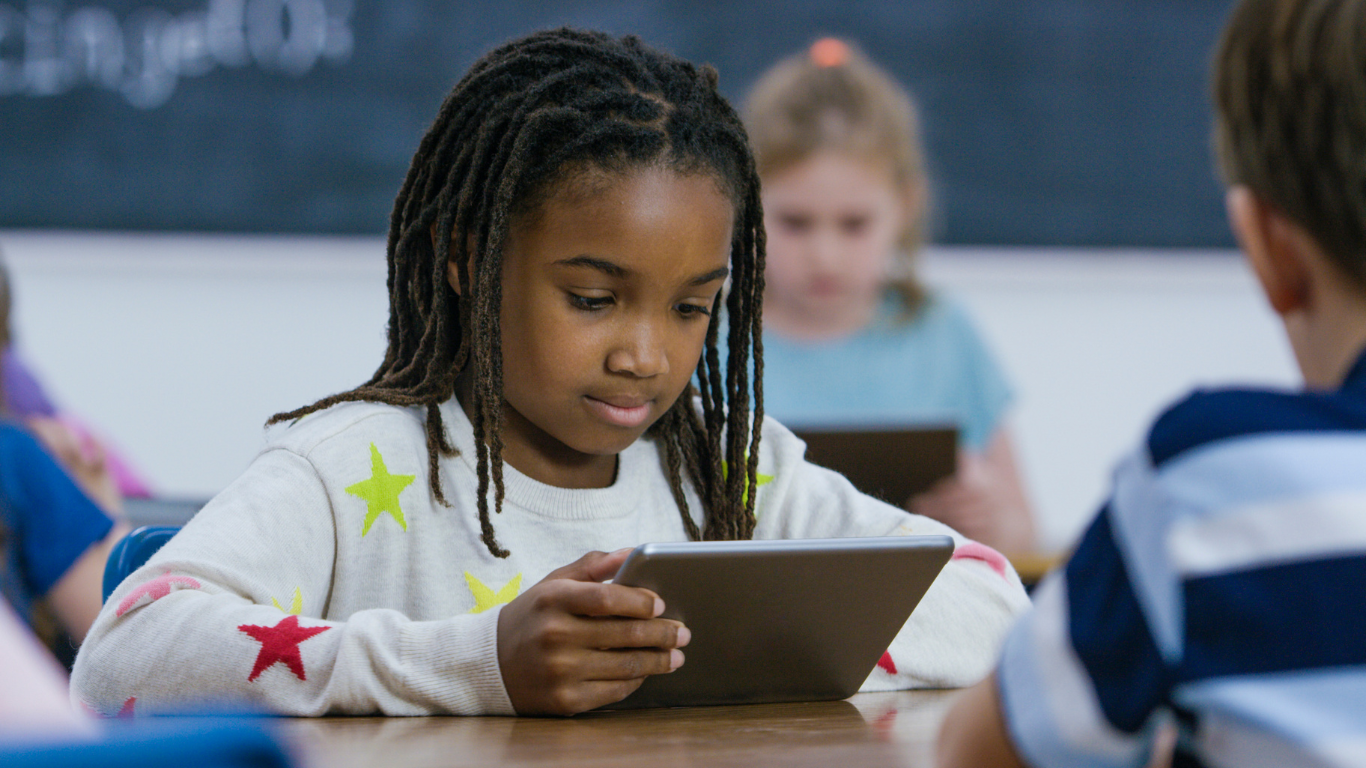In its 2023 Global Education Monitoring Report titled “Technology in Education: Who is in Control?” UNESCO raises critical questions that urge education stakeholders and policymakers to seriously consider the deployment of new technologies in the education sector. UNESCO highlights four essential aspects that deserve our attention: the relevance of technology usage, its equity, efficiency, and, finally, sustainability.
Relevance of Technology Usage
UNESCO warns against the excessive use of technology in education, emphasizing that it can lose its effectiveness without the presence of a qualified teacher. To address this, we must consider a balanced approach where technology complements rather than replaces traditional teaching. Distance learning should be used judiciously, avoiding deepening learning inequalities. Improved international collaboration is necessary to diversify online resources and make them accessible to everyone, regardless of their linguistic context.
Equity in Access to Technology
The right to education must be synonymous with equitable access to high-speed Internet. The digital divide persists, and UNESCO encourages all countries to establish benchmarks to connect all schools by 2030. It is essential to focus on the most marginalized students, especially those in rural areas. Online education should be complementary to in-person teaching rather than excluding it.
Efficiency of Technology in Learning
It is crucial to review the actual efficiency of technology in learning. Assessments must be independent and impartial to obtain strong evidence of the added value of technology. The long-term costs of technological expenses must be considered to avoid compromising other essential educational needs. We must also examine how technology can be used more efficiently to enhance the quality of teaching.
Sustainability of Technology
Digital literacy has become an essential skill, but basic literacy should not be neglected. Teachers must be trained to use technology effectively and securely, especially in terms of cybersecurity. Protecting data privacy must be a priority, with robust laws to ensure it. Technology users, especially children, must have clear rights and protection against abuses.
UNESCO’s call to regulate new technologies in education is an important step in ensuring quality education for all. While embracing the potential of technology, we must maintain a balance that preserves human interactions and ensures the equity, efficiency, and sustainability of its use. By collaborating globally and adopting thoughtful policies, we can create an educational environment where technology enhances learning without ever supplanting it.


